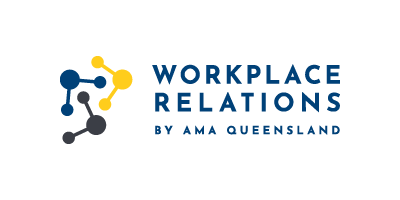International Day for the Elimination of Racial Discrimination
Harmony Week is an annual celebration in Australia which is held in March, focusing on celebrating cultural diversity, inclusivity and the importance of community harmony. This year, Harmony Week coincided with the United Nations International Day for the Elimination of Racial Discrimination which took place on 21 March.

Harmony Week is an annual celebration in Australia which is held in March, focusing on celebrating cultural diversity, inclusivity and the importance of community harmony. This year, Harmony Week coincided with the United Nations International Day for the Elimination of Racial Discrimination which took place on 21 March. This day commemorates the 1960 Sharpeville Massacre in South Africa, where police opened fire on peaceful protestors opposing apartheid. On this day, people are encouraged to wear orange symbolising social unity.
The International Day for the Elimination of Racial Discrimination raises awareness about racial equality and encourages efforts towards a world free of racial discrimination focusing on reflection, education and action to promote racial harmony, equality and justice worldwide.
The day was commemorated globally through various events raising awareness about the ongoing fight against racism and promoting equality. Many schools in Australia celebrated Harmony Week, coinciding with this day, by participating in activities that promote multicultural understanding, while the European Union marked the 60th anniversary of the International Convention on the Elimination of all Forms of Racial Discrimination by reaffirming its commitment to combating racism.
The United Nations observed the day with events and activities worldwide aiming to remind people of the negative consequences of racial discrimination and encourage collective action to combat it. Racial discrimination has profound and harmful effects, not only on individuals but on society, such as:
- psychological and emotional impacts, including mental health issues and psychological distress
- economic disparities including income inequality and barriers to education
- social division and inequality, which can perpetuate division between communities creating tensions and mistrust, making it more difficult for diverse societies to thrive harmoniously
- discriminatory practices in housing, healthcare and employment, possibly leading to poverty and poorer health outcomes for affected groups if there is evidence of delayed treatment or lack of care
- blocked opportunities which create long-term cycles of disadvantage for future generations
- institutional and systemic injustice which could lead to violence and social unrest
- limiting the potential of a society by excluding talented individuals from contributing to the economy, potentially holding back overall societal and economic development
- loss of global reputation - nations that tolerate or perpetuate racial discrimination can face international condemnation, negatively impacting their reputation, diplomatic relations and their standing on the global community.
The negative consequences of racial discrimination are far-reaching and deeply damaging, not just for individuals but for society. Combating racism and fostering equality is crucial for creating a more just healthy and prosperous world.
Do you have policies in place that assist with providing a safe, inclusive and respectful work environment free from behaviours that may disrupt workplace harmony or cause harm to others?
If you are not sure where to start in creating harmony in your workplace, find the topic overwhelming or need further information on any AMA Queensland policies such as Respect at Work policy, the Workplace Relations Team can be contacted on 07 3872 2264 or through email support at workplacerelations@amaq.com.au
AMA Queensland Workplace RelationsPhone: 07 3872 2264
|
